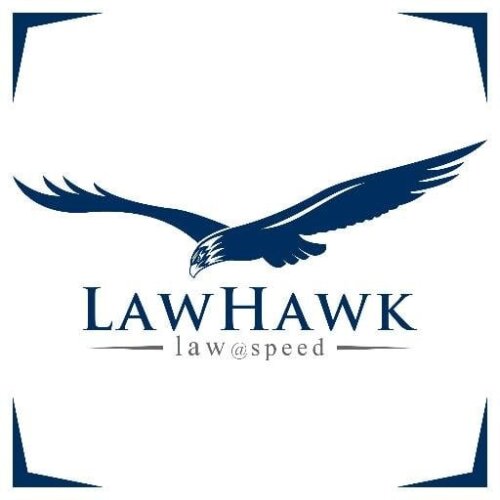Best Retirement Lawyers in Wellington
Share your needs with us, get contacted by law firms.
Free. Takes 2 min.
List of the best lawyers in Wellington, New Zealand
About Retirement Law in Wellington, New Zealand
Retirement laws in Wellington, New Zealand, generally focus on pensions, retirement savings, elder law, and elder rights. The key landmark laws include the Superannuation Act 2001 that outlines the process to acquire the New Zealand Superannuation, a pension offered to all New Zealand residents over 65 years, and the KiwiSaver Act 2006, a compulsory pension savings scheme for employees. Regulations also protect elders from discrimination, safeguard living standards, and govern age-related healthcare access.
Why You May Need a Lawyer
A retirement lawyer can significantly simplify the retirement process. They can help you understand retirement schemes, optimize your savings, secure your investments, and help you plan your estate. If facing discrimination in the workplace due to age, a lawyer can guide you through your rights and take action where necessary. They can also help navigate health care directives, long-term care considerations, and elder law issues.
Local Laws Overview
The Superannuation Act 2001 and KiwiSaver Act 2006 are the central laws for retirees. The Human Rights Act 1993 and the Health and Disability Commissioner Act 1994 protect against age discrimination and provide the right to quality healthcare, respectively. Retirement village operations, including entry procedures, service provision, complaint procedures, and termination of contracts, are governed by the Retirement Villages Act 2003 and its Code of Practice.
Frequently Asked Questions
When am I eligible for New Zealand Superannuation?
You can apply for the New Zealand Superannuation once you turn 65 and have been a legal resident in the country for at least ten years after you turned 20. Five of these years must be post the age of 50.
Should I opt for KiwiSaver or a personal retirement savings plan?
While the choice largely depends on individual circumstances, KiwiSaver is the government- supported scheme intended to help people save for their retirement. It may be a good option to consider due to the employer and government contributions.
How can I ensure my wishes are followed if I'm unable to make decisions?
Through Enduring Power of Attorney (EPA), you can appoint trusted people to manage your personal care and property if you become unable to yourself.
Can I be forced to retire at a certain age?
No, according to the Human Rights Act 1993, an employer cannot force you to retire based on age.
What if I have a dispute in a retirement village?
The Retirement Villages Act 2003 provides a clear complaints process, and if it doesn’t resolve, you can escalate the dispute to the Retirement Commissioner.
Additional Resources
Some useful resources include the Ministry of Social Development (superannuation, payments, and more), the Commission for Financial Capability (retirement income), Retirement Commission (dispute resolution), and Age Concern (elder law).
Next Steps
If you need legal assistance for your retirement in Wellington, New Zealand, you may wish to consult a lawyer specializing in retirement and elder law. You can contact the New Zealand Law Society for a referral. Also you can explore additional resources mentioned above, and seek legal advice for your specific situation.
Lawzana helps you find the best lawyers and law firms in Wellington through a curated and pre-screened list of qualified legal professionals. Our platform offers rankings and detailed profiles of attorneys and law firms, allowing you to compare based on practice areas, including Retirement, experience, and client feedback.
Each profile includes a description of the firm's areas of practice, client reviews, team members and partners, year of establishment, spoken languages, office locations, contact information, social media presence, and any published articles or resources. Most firms on our platform speak English and are experienced in both local and international legal matters.
Get a quote from top-rated law firms in Wellington, New Zealand — quickly, securely, and without unnecessary hassle.
Disclaimer:
The information provided on this page is for general informational purposes only and does not constitute legal advice. While we strive to ensure the accuracy and relevance of the content, legal information may change over time, and interpretations of the law can vary. You should always consult with a qualified legal professional for advice specific to your situation.
We disclaim all liability for actions taken or not taken based on the content of this page. If you believe any information is incorrect or outdated, please contact us, and we will review and update it where appropriate.












